Elephantiasis or Chronic lymphatic filariasis
 Elephantiasis is a syndrome mainly caused by hypertrophy of the lower extremities and external genitalia. It has its etiology in repetitive inflammatory diseases with obstruction of the lymphatic vessels and very specifically in filarial parasitic infections.
Elephantiasis is a syndrome mainly caused by hypertrophy of the lower extremities and external genitalia. It has its etiology in repetitive inflammatory diseases with obstruction of the lymphatic vessels and very specifically in filarial parasitic infections.
Elephantiasis is a tropical skin disease caused by Wuchereria bancrofti type parasites. Transmission is due to the bite of certain types of mosquito causing significant deformations, pain as a reaction of the organism to the allergens and permanent disability.
It is characterised by inflammation of the lymph vessels and skin due to bacterial infections as a result of failure of the immune system due to the lymphatic disorder. Elephantiasis has a tough skin that resembles an elephant’s (hence its name) and also causes bone malformations. The diagnosis is based on the lymph node biopsy and a microscopic examination.
Current treatments are aimed at disinfecting the areas where there are mosquito larvae and the removal of infected tissue in severe cases, antibiotic therapy, compression bandages to reduce swelling as well as antiparasitic treatment in blood levels.
There are other forms of non-parasitic elephantiasis known as “podoconiosis” or “non-filarial” that originate in contact with clay soils or alkaline materials.
Chronic and progressive lymphedema can cause swelling and fibrosis resulting in elephantiasis.

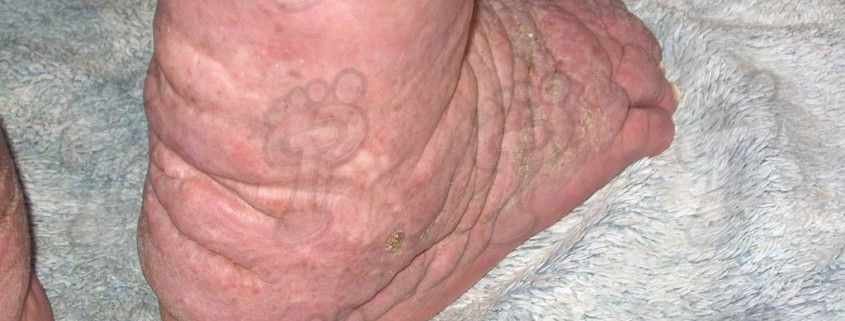
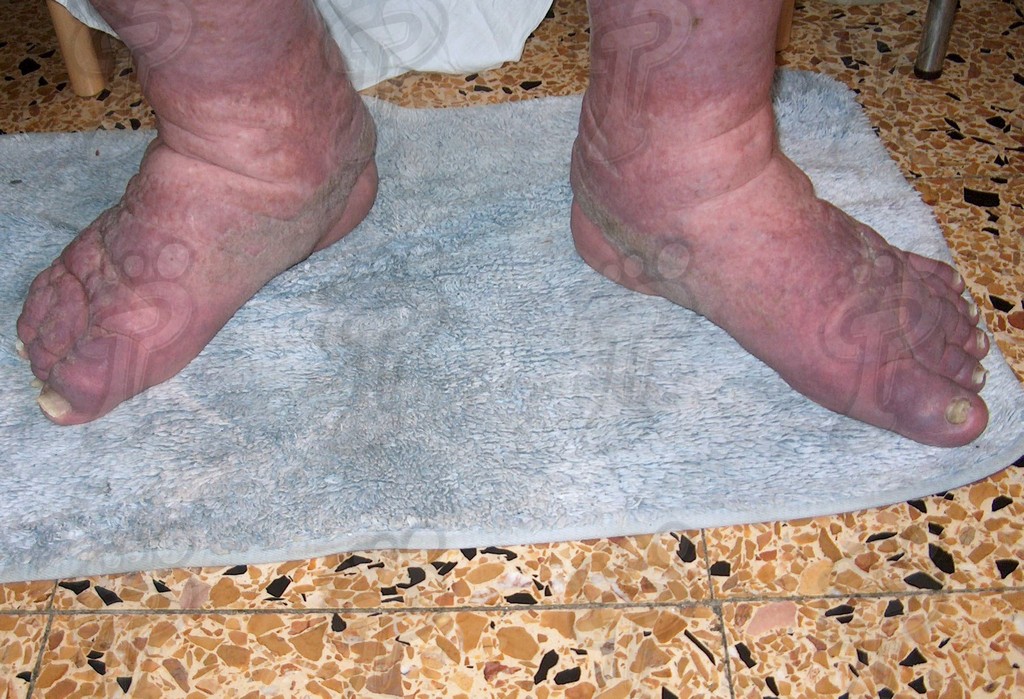
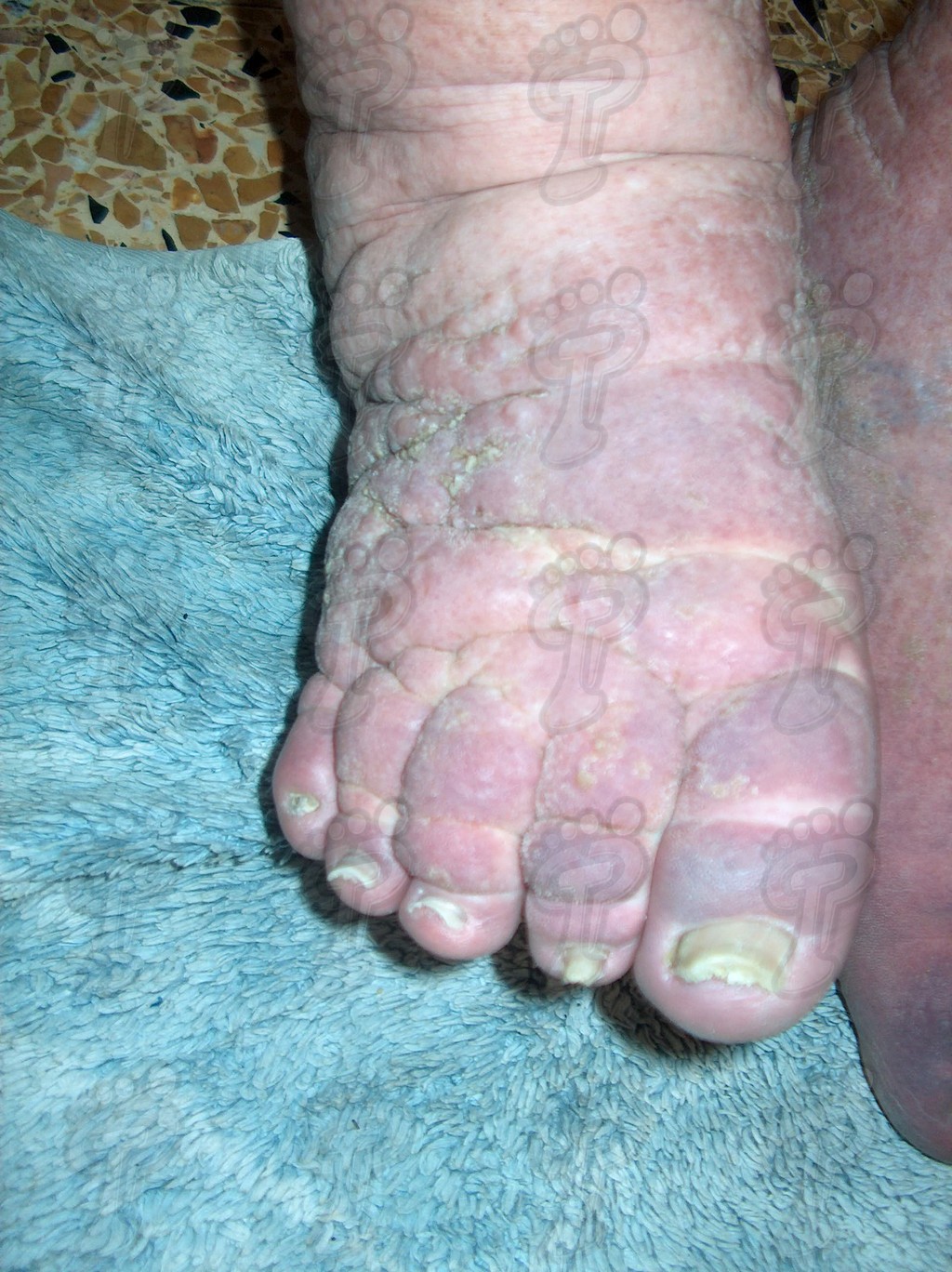
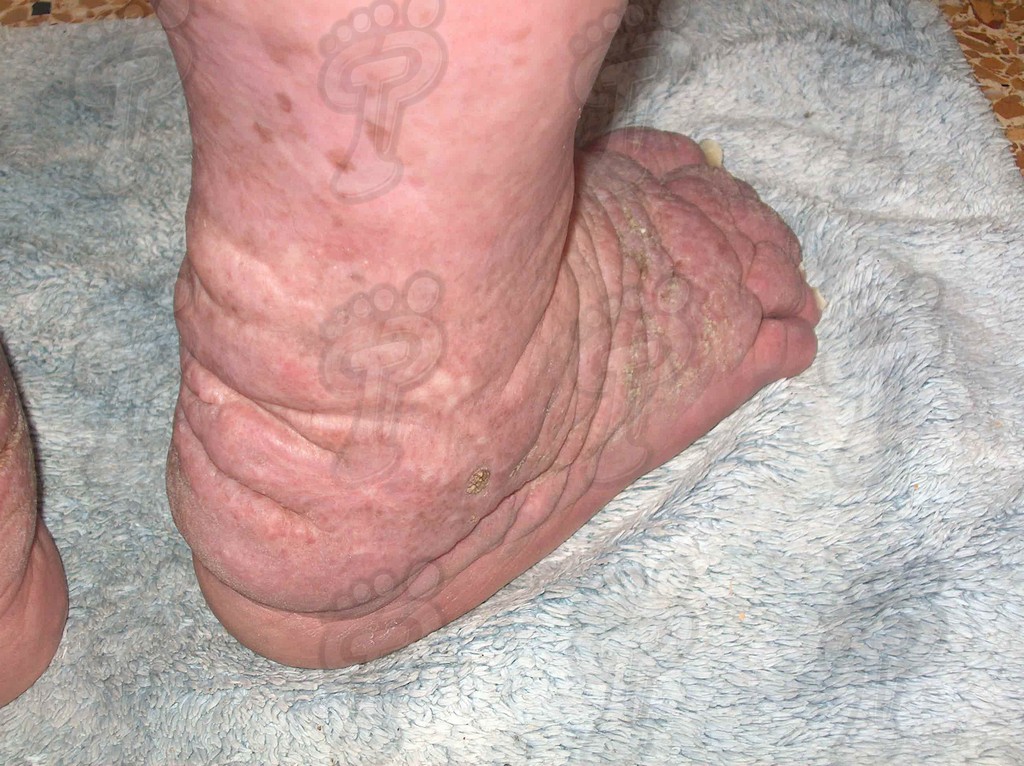
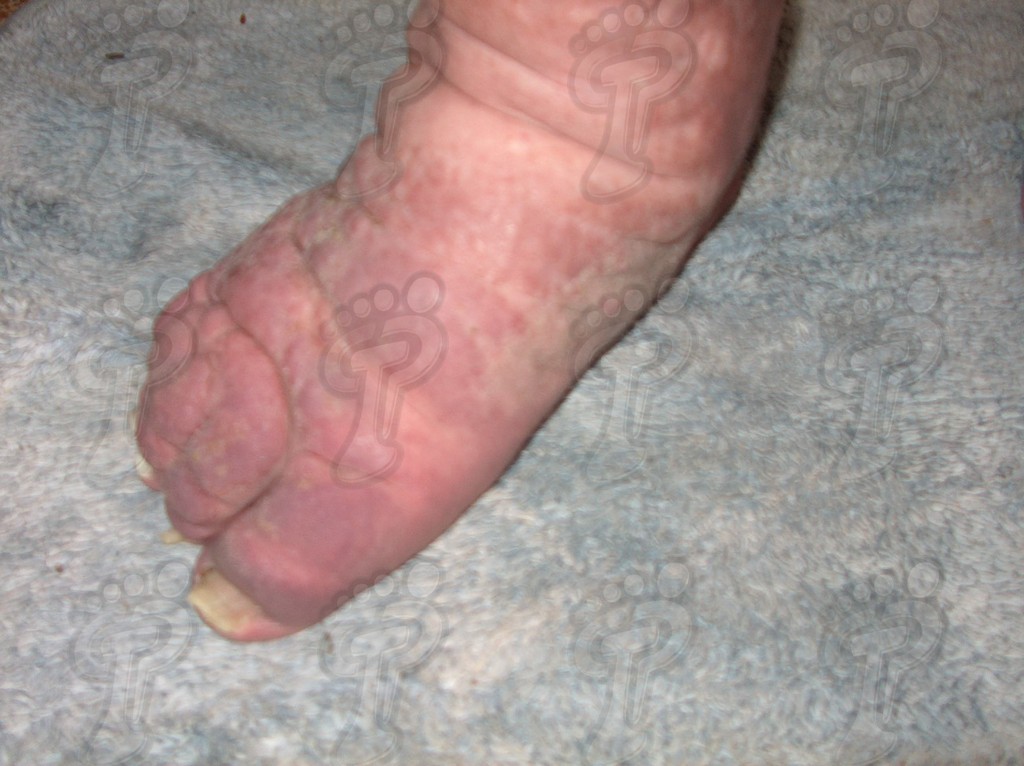





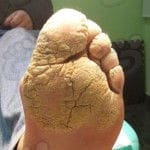
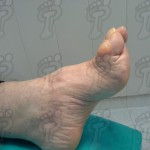
Leave a Reply
Want to join the discussion?Feel free to contribute!